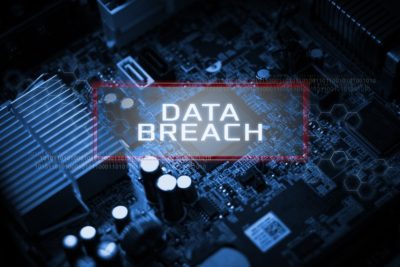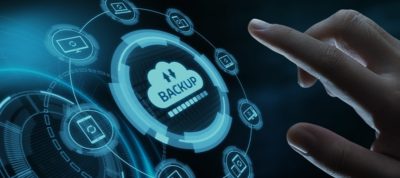Data Breach Dangers Continue To Threaten Your Business
Data breach dangers are now a reality for businesses! Guesstimates put the number affected number of people at anywhere from 100 million to upwards...
3 min read
Heather Trone Oct 16, 2024 8:00:00 AM

Cybersecurity is one of the hottest topics in any business setting. With the massive amounts of data that business have on hand, from financial data to personal employee records, all businesses have to protect themselves from online scams. The threat of online scams is visible every day. We often hear about the large company data breaches such as Marriott and Facebook. However, small and medium-sized businesses are at just as much risk. According to Small Business Trends, 43% of all cyber attacks and scams are against small businesses, and many don't have any budget set aside for the mitigation of such an event. The average cost of mitigating these attacks averages nearly $900,000! With no budget set aside for this, many small businesses simply fold under the expense.
Often times, a small or medium-size business doesn't have the time or technical experience to continuously monitor and protect their business networks from online scams. This is why Managed IT Services have become so critical to the small business landscape. When a business outsources its IT security to a Managed IT Services Provider, it minimizes the risk related to online scams and related threats. The cost incurred for utilizing Managed IT Services versus the potential $900,000 bill for a data breach makes complete sense. Besides protecting your sensitive data, a Managed IT Services Provider can offer you a business continuity and disaster recovery plan. This ensures that, should something happen, your data is backed up and your technology and systems are ready to go quickly.
So what types of online scams can a Managed IT Services Provider help you avoid? Here are four of the most common scams:
With a Managed IT Services Provider, businesses can rest assured that their most important asset, their data, is safe. The Managed IT Services Provider will continually monitor your network and stay abreast of all current threats that could harm your business. And if a disaster strikes, a Managed IT Services Provider can help you get back up and running quickly with a strategic disaster recovery plan. For more information on how Fraser can help your business stay safe from online scams and other cybersecurity threats, contact us today!

Data breach dangers are now a reality for businesses! Guesstimates put the number affected number of people at anywhere from 100 million to upwards...

Everyone knows that data backup is imperative to running a successful business. Your data is the most important asset you have. Yet reports keep...

Fishing, phishing, spear phishing?! It's often hard to know the difference between types of cyber attacks. Spear phishing is a highly targeted form...